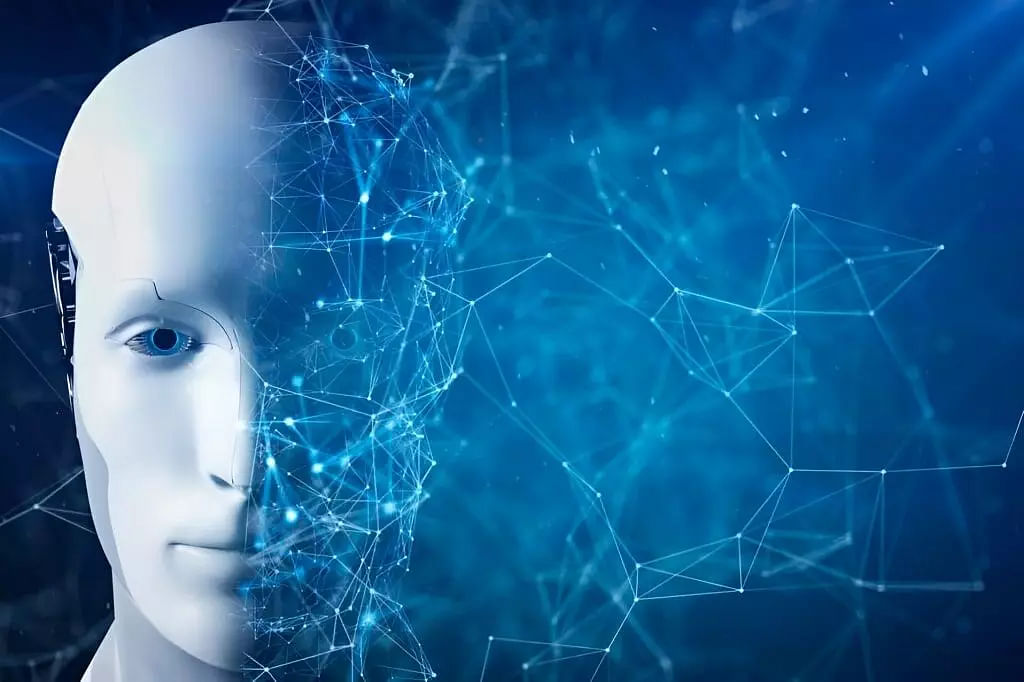Moitrayee Das (She is an assistant professor of psychology at FLAME University, Pune) Stuti Kumar (Stuti is a writer and a psychology student) The World Health Organisation (WHO) projects that by 2030, over 2. 5 billion individuals with disabilities will require one or more assistive technologies. However, nearly one billion of them face barriers to accessing these essential products.
Given the rising trend, this implies that we are excluding an entire community from accessing the same services as the rest of the population. In the realm of technological advancements, artificial intelligence (AI) has emerged as a beacon of hope, not only for innovation and efficiency but also for fostering inclusivity. One of the most promising areas where AI is making significant strides is in the domain of neurodiversity.
AI and neurodiversity By definition, neurodiversity refers to atypical neurological functioning in the context of autism spectrum disorder (ASD), as well as other conditions related to the nervous system or developmental challenges, such as ADHD or learning disabilities like dyslexia, and chronic mental health conditions. The workplace is a microcosm of society where individuals of varying abilities and perspectives converge. For neurodivergent individuals, additional work structures may pose challenges that hinder their full potential.
For instance, most career advice available online, covering topics such as job interviews, improving listening skills, and navigating tough conversations with your boss, tends to lack inclusivity. It fails to take into account that some may struggle with social interactions and understanding non-verbal cues or face difficulty expressing themselves verbally. They may find the intense social scrutiny of interviews overwhelming and may not perform optimally in such settings.
AI, however, is ushering in a new era of workplace dynamics where diversity is not just accepted but appreciated and accommodated for. Challenges in Traditional Workplaces Neurodivergent employees frequently introduce distinctive problem-solving techniques and creative insights and have unparalleled attention to detail. In a 2023 report by the Birkbeck University of London, the traits of hyper-focus and creativity, along with innovative thinking and detail processing, are shared across a range of neurotypes.
Though there have been numerous other studies over the years that shed light on how neurodiversity is a ‘competitive advantage’, the fact is that workplaces are still less accommodating to neurodivergent individuals than to their neurotypical counterparts. In many cases, programmes and methods to enhance awareness and access are seen as an additional cost rather than an investment in the employees’ well-being. For some neurodivergent folks, these challenges are manageable; however, the majority of companies still need to modify their recruitment, selection, and career development policies to encompass a more expansive definition of talent and encourage the participation of a diverse set of people.
Companies must modify their recruitment and development policies to embrace a broader definition of talent. As we stand on the cusp of a new era in understanding and embracing cognitive differences, AI is emerging as a key catalyst for bridging gaps and opening doors within the workplace. AI as a Catalyst for Inclusivity In the day-to-day operations of the modern workplace, communication plays a pivotal role.
For neurodivergent individuals who may face challenges in social interactions, AI-powered communication tools are proving invaluable. According to a WIRED article, for some autistic individuals, ChatGPT is a lifeline in social situations where one is having trouble articulating their emotions. These tools, leveraging natural language processing, assist in real-time feedback during conversations, enhancing the overall communication experience.
This not only fosters a more inclusive environment but also ensures that neurodivergent people can contribute their unique perspectives with confidence. Empowering employees and helping them find autonomous success with the help of a generative AI bot is something that should be encouraged in workspaces. Extending beyond communication enhancements, AI is transforming the landscape of professional development through personalised approaches for neurodivergent employees.
AI-driven adaptive learning programmes can tailor training content and pacing according to individual learning styles. For instance, dyslexic individuals may prefer or opt for materials presented through visual aids such as charts, diagrams, and videos, as these mediums can enhance the clarity of concepts, and AI is useful in efficiently repackaging such information. This not only establishes a supportive environment for neurodivergent individuals but also maximises their potential by acknowledging and catering to their distinct strengths.
As AI undergoes further evolution, its role in facilitating personalised and inclusive professional development holds the potential to unleash the full capabilities of neurodivergent people. Cognitive Diversity and the Future of the Workplace Even in the absence of AI, the current reality is that achieving genuinely neuro-inclusive hiring, where every individual with the requisite skillset and talents has an equal chance of selection, remains a distant goal. Suffice it to say that the convergence of AI and neurodiversity, while holding great potential, is not without its challenges.
There exists a risk that AI systems may inherit societal biases, potentially causing misinterpretation or mishandling of neurodiverse individuals. Additionally, there is a peril of oversimplifying the broad spectrum of neurodiversity, leading to the development of tools or systems that do not fully cater to the needs of the community they are intended to support. According to a BBC report, for some neurodivergent job hunters, AI interviews put them at a disadvantage.
While some prefer the automated interview format, there is the risk of using such platforms before they are fully formed, leading to more harm than good. Possibly the most crucial aspect in every workplace, even with all these AI adjustments in place, would be to educate other employees about the requirements of their neurodivergent coworkers. As we intertwine technology and humanity more intricately, it is crucial to acknowledge that diversity is an ethical imperative and a source of strength.
Neurodivergent individuals bring forth unique perspectives and skills. By crafting AI systems that not only recognise but also value these differences, we are not merely advancing technology; we are shaping a more promising future. .
From: sentinel
URL: https://www.sentinelassam.com/editorial/the-future-of-work-ai-and-neurodiversity-686455



